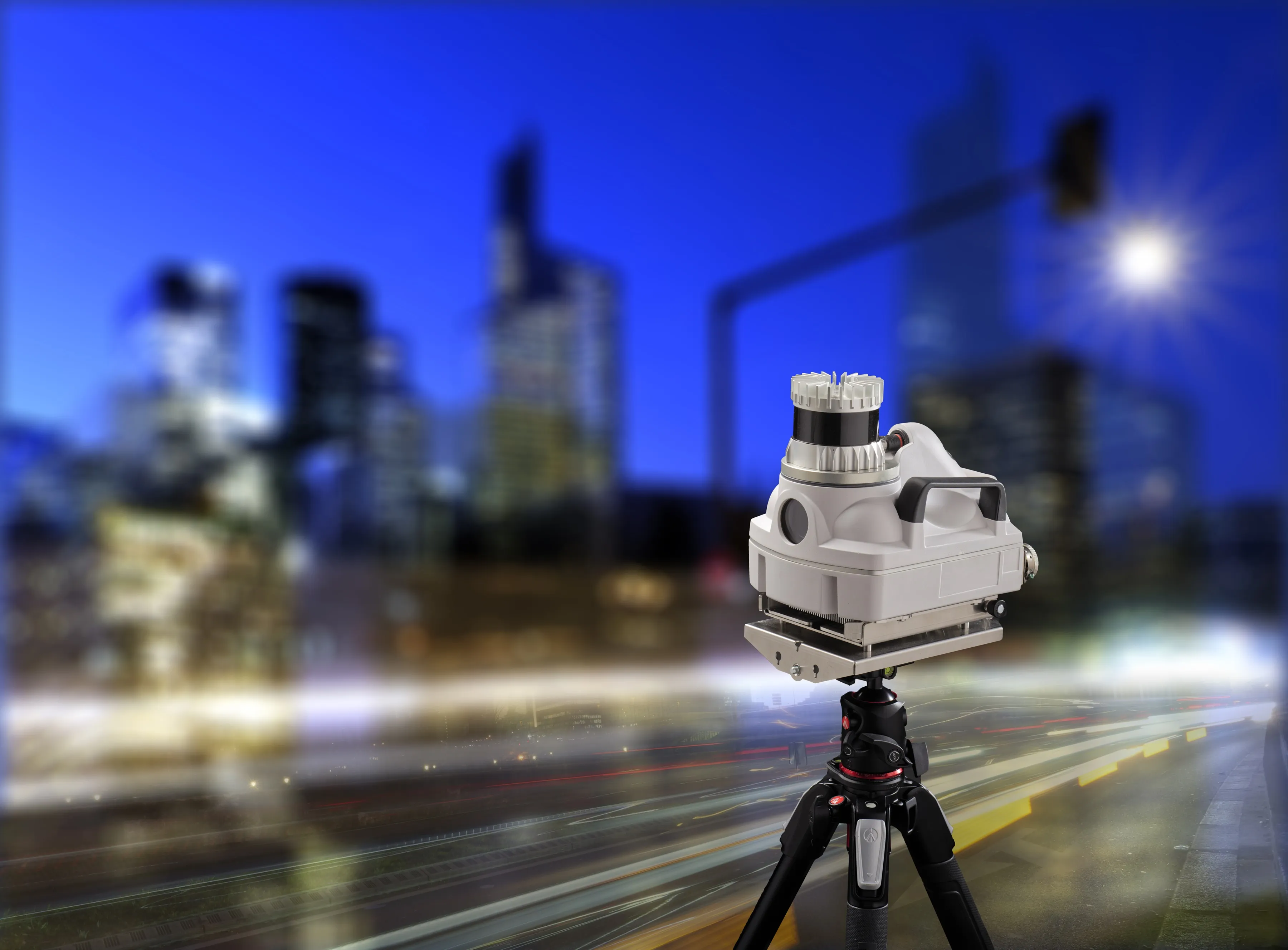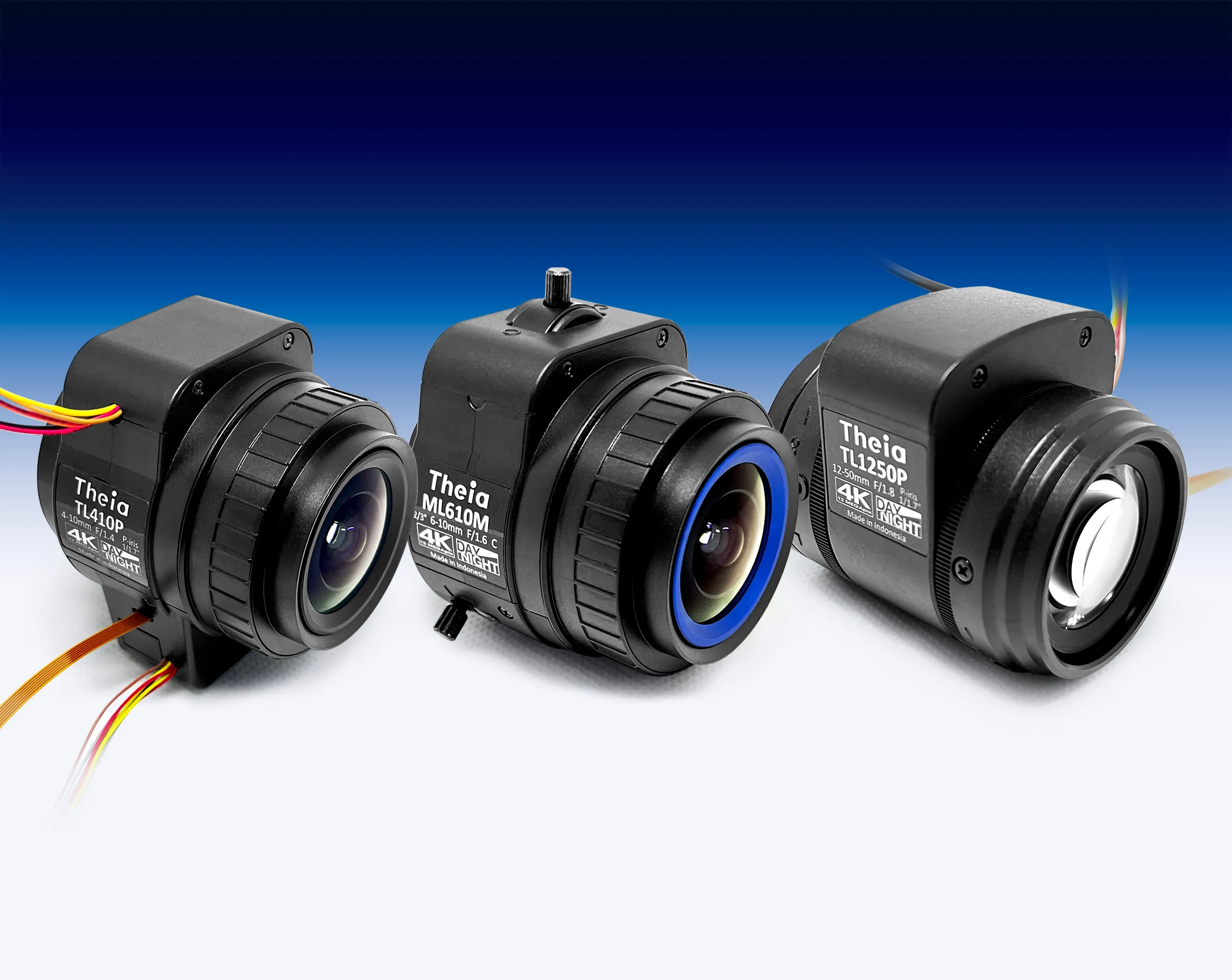
Parifex's Compas is a small mobile speed camera which is revolutionising enforcement of road traffic offences.
Perched on its tripod, the Compas is an ultra-light mobile system for automated speed enforcement. Designed to make interventions easier, its installation requires no inspection. Indeed, its fully automatic calibration system offers a high positioning tolerance, enabling it to be deployed in just a few minutes.
It is easy to use and is certified for bi-directional control on four lanes from 30 km/h to 250 km/h. Its robust, weatherproof housing can be mounted on a tripod or placed in the boot of a stationary vehicle. As a pioneer in speed control thanks to its 3D Lidar sensor and camera, the Compas guarantees high performance in controlling road offences, such as ticketing of up to five vehicles per second and per lane, automatic number plate recognition (ANPR), vehicle classification, maximum speed per vehicle class and per lane.
The Compas comes with a carrying case that holds all the components, plus a long-life battery.
Content produced in association with Parifex









